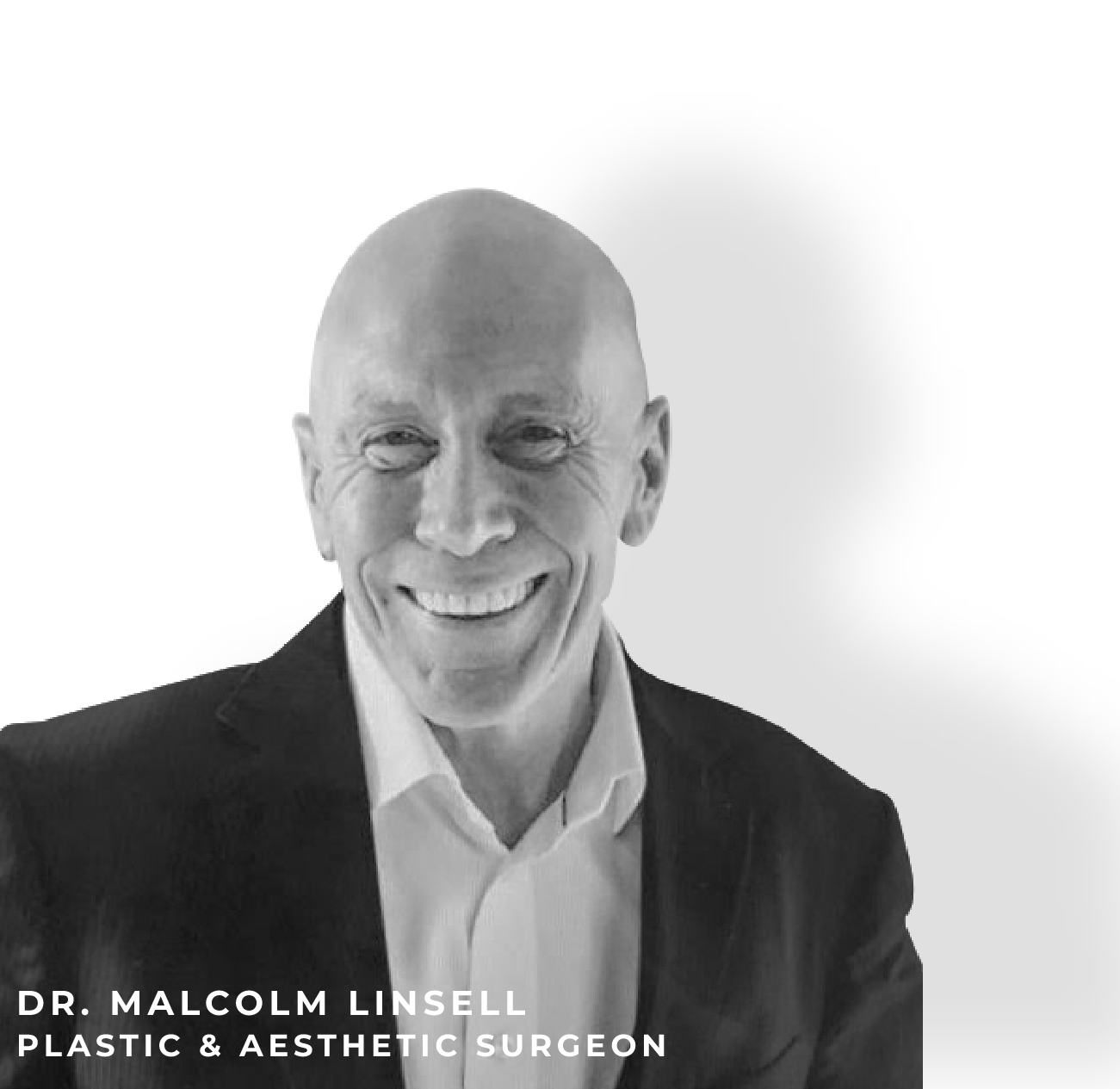ABOUT
SURGICAL DEGREES & TRAINING
Bachelor of Science 1975 Monash University
Bachelor of Medicine and Bachelor of Surgery 1979 Monash University
Masters of Surgery 1995 Monash University
Registered medical practitioner (No. 0001849400), specialist plastic surgeon (specialist registration in Surgery – plastic surgery).
FELLOWSHIPS
FRACS: The Royal Australasian College of Surgeons – Plastic and Reconstructive 1991
SOCIETIES
Australian Society Plastic Surgeons (ASPS)
Australian Medical Association (AMA)
Australasian Society Aesthetic Plastic Surgeons (ASAPS)
International Society Aesthetic Plastic Surgeons (ISAPS)

The word ‘plastic’ is derived from a Greek word meaning to mould or shape. How a person looks has a major impact on how they feel about themselves. If a person does not feel ‘normal’, their confidence is impacted, limiting their interaction with other people.
For thousands of years, plastic surgical techniques have been used to correct or restore the appearance of people afflicted by trauma, disease or congenital malformations. As part of their training, modern day plastic surgeons are immersed in these techniques. Consequently, restoring people back to how they used to be, with minimal scaring or deformity, is a foundational hallmark of every fully trained plastic surgeon.
Since I commenced practice more than 30 years ago, the applications of plastic surgery have expanded dramatically. As well as correcting deformity, plastic surgery has become widely accepted as a means of rejuvenation and augmentation. This has come about because women are more financially independent and consequently have more choice than at any time in history. Coupled with this is an obsession with image, spearheaded by celebrities with their ‘perfect’ photographs adorning magazines and social media. Given that at any moment of the day, our own personal image can be posted, with or without our consent, for millions to see, has many of us reflecting on how we would like to be seen.